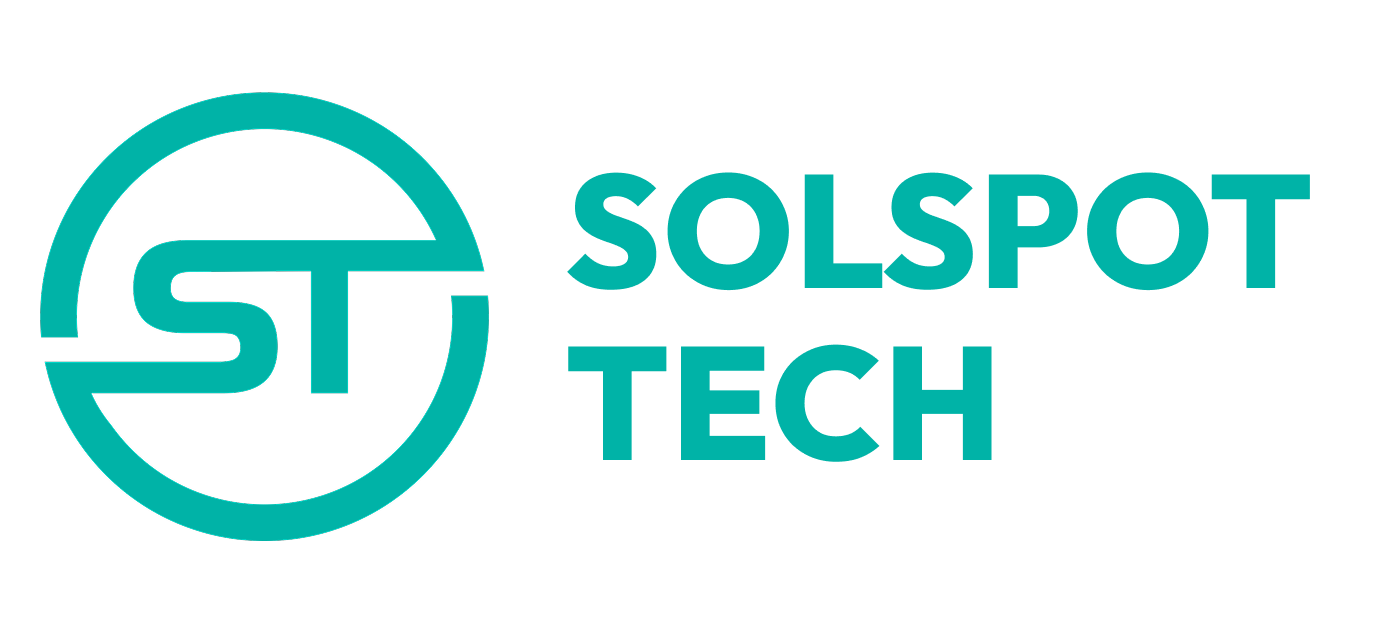- Charting a Brighter Future: Landmark Agricultural Investment and Expanding Digital Connectivity Drive Positive Nigeria news and Economic Growth.
- Agricultural Revolution: Cultivating Growth and Food Security
- The Digital Leap: Connecting Nigeria to the Future
- Fintech and the Rise of Mobile Payments
- Expanding Internet Access to Rural Communities
- Infrastructure Development: Laying the Foundation for Sustained Growth
- The Role of Government Policy and Investment
- Challenges and Opportunities Ahead
Charting a Brighter Future: Landmark Agricultural Investment and Expanding Digital Connectivity Drive Positive Nigeria news and Economic Growth.
In recent times, discussion surrounding Nigeria has expanded beyond traditional political and economic indicators. There’s a perceptible shift in the narrative, fueled by substantial agricultural investments and a dramatic leap in digital connectivity. This confluence of growth factors is generating a considerable amount of attention, as observers analyze the potential for a positive transformation within the nation. Understanding these developments is crucial for grasping the evolving dynamics of the region and assessing its future trajectory. The dissemination of information regarding these changes, covering economic indicators, technological advancements, and socio-political impacts, constitutes a critical part of the current news cycle.
This surge in both agricultural commitment and digital infrastructure is creating opportunities across multiple sectors, prompting renewed optimism amongst investors and citizens alike. The careful tracking of these initiatives and their effect on various facets of Nigerian life will be fundamentally important in determining whether this represents a sustainable news path towards long-term prosperity and regional influence.
Agricultural Revolution: Cultivating Growth and Food Security
Nigeria’s agricultural sector has historically been a cornerstone of its economy, but it has often faced challenges related to infrastructure, access to finance, and climate change. Recent developments demonstrate a concentrated effort to modernize farming practices and boost crop yields. Large-scale investments in irrigation systems, improved seed varieties, and agricultural technology are beginning to make a significant impact. These efforts aim not only to increase food production but also to create employment opportunities in rural areas and reduce reliance on food imports. The government’s commitment to supporting local farmers through subsidies and training programs is also playing a critical role in this transformation.
Furthermore, a growing focus on value-added agriculture – processing raw materials into finished products – is adding further economic value. This move is attracting both domestic and foreign investment, and creating new market opportunities for Nigerian agricultural products. Stronger regulations and improved quality control measures will be necessary to further solidify the sector’s growth and ensure its sustainability.
The diversification of agricultural production, moving beyond traditional reliance on oil palm and cocoa, is also being prioritized. Cultivation of crops like cashew nuts, sesame seeds, and plantains are gaining traction, contributing to regional specialization and economic resilience. Here’s a breakdown of some prominent crops and their recent production trends:
| Cocoa | 340,000 | 375,000 | 10.3% |
| Palm Oil | 2.8 million | 3.1 million | 10.7% |
| Cashew Nuts | 200,000 | 260,000 | 30% |
| Sesame Seeds | 400,000 | 550,000 | 37.5% |
The Digital Leap: Connecting Nigeria to the Future
Alongside the agricultural advancements, Nigeria is experiencing a rapid expansion of its digital infrastructure. Increased access to high-speed internet, driven by investments in fiber optic cables and mobile networks, is transforming various aspects of life and business. This connectivity boost is fostering the growth of the tech industry, enabling e-commerce, and facilitating access to education and healthcare. The expansion of digital financial services, including mobile money and fintech solutions, is also empowering individuals and small businesses, providing them with greater access to financial inclusion.
The impact of this digital revolution extends beyond urban centers, reaching into previously underserved rural communities. Telecommunication companies are expanding their coverage, and the government is implementing policies to promote digital literacy and affordability. This is opening up new market opportunities for rural businesses, enabling them to connect with customers across the country and beyond.
Here’s a list outlining the key drivers fueling Nigeria’s digital connectivity:
- Increased Mobile Penetration: A significant rise in smartphone ownership.
- Fiber Optic Expansion: Deployment of extensive fiber optic networks.
- Fintech Innovation: Growth of innovative financial technology solutions.
- Government Initiatives: Policies promoting digital literacy and inclusion.
Fintech and the Rise of Mobile Payments
The fintech sector in Nigeria is rapidly evolving, and mobile payments are becoming increasingly prevalent. This shift towards digital transactions is fostering greater financial inclusion, particularly among those previously excluded from the formal banking system. Fintech companies are developing innovative solutions to address the specific needs of the Nigerian market, offering services such as mobile banking, microloans, and insurance products. Furthermore, the regulatory landscape is adapting to facilitate responsible innovation and protect consumers. The Central Bank of Nigeria has been proactive in creating a framework for licensing and regulating fintech companies, ensuring a stable and secure digital financial ecosystem. This proactive approach has helped to attract significant investment from both local and international sources, further accelerating the growth of the sector. Effective security frameworks are being built to counter cybersecurity threats, protecting user data and funds, building trust and driving greater adoption of digital payment methods.
The accessibility brought about by mobile payments is particularly benefitting small and medium-sized enterprises (SMEs) that are now able to engage in e-commerce and reach new customers without needing to provision expensive payment infrastructure. This increased retail activity is fostering inclusive economic development, and strengthening the local economy while also having tremendous reaching impact on individuals across the country.
Expanding Internet Access to Rural Communities
Traditionally, a significant hurdle to Nigeria’s economic growth has been primarily the lack of widespread internet access, particularly in rural and isolated areas. Recent infrastructure investments and strategic deployment of technologies like satellites and wireless networks are changing this dynamic significantly. The government is collaborating with private sector partners to expand broadband coverage, improving the number of base stations and extending fiber optic lines to remote locations. These initiatives have yielded noticeable results, bringing the benefits of digitalization to communities that were once disconnected. The access has provided farmers with timely market information; students can now access online learning resources; healthcare professionals can obtain specialist expertise and deliver tele-medicine services in rural outposts. However, challenges such as affordability and digital literacy remain and must be addressed to ensure equitable access to opportunities, providing ongoing education and access through localized subsidy schemes.
Moreover, there’s a growing recognition of the importance of local content and culturally relevant digital applications. Supporting local developers and entrepreneurs to create digital solutions tailored to the specific needs of Nigerian communities is crucial for maximizing the impact of this connectivity drive. Investing in skill development programs and promoting digital entrepreneurship will further empower individuals and drive innovation in these previously unserved regions of Nigeria.
Infrastructure Development: Laying the Foundation for Sustained Growth
Complementary to the gains in agriculture and digital connectivity, Nigeria is investing heavily in infrastructure development. This encompasses energy, transportation, and logistics. Improved road networks, upgraded ports, and increased electricity generation are playing a crucial role in facilitating economic activity. Investments in power generation projects, including renewable energy sources, are helping to address historical energy deficits, which have been a major constraint on business growth and industrial development.
Furthermore, significant progress is being made in the construction of rail lines, connecting key commercial centers and facilitating the movement of goods and people. This is also contributing to a reduction in transportation costs and improved efficiency. Addressing infrastructure deficiencies is essential for attracting foreign investment, boosting competitiveness, and ensuring sustainable economic growth.
Here’s a comparative analysis of Nigeria’s infrastructure development across key sectors:
| Road Network (km Paved) | 35,000 | 45,000 | 10,000km added/rehabilitated |
| Electricity Generation Capacity (MW) | 4,000 | 7,000 | 3,000 MW increase |
| Port Throughput (TEUs) | 1.2 million | 1.8 million | 600,000 TEU increase |
| Railway Network (km Operational) | 4,000 | 6,000 | 2,000km New Track |
The Role of Government Policy and Investment
The Nigerian government’s role has been pivotal in driving these positive trends. The implementation of supportive policies, coupled with strategic investments, has created a conducive environment for both domestic and foreign investment. Policies aimed at promoting agricultural modernization, encouraging digital innovation, and improving infrastructure are yielding tangible results. The government’s commitment to diversification and reducing reliance on oil revenues is also driving a shift towards more sustainable and resilient economic growth. Encouraging entrepreneurship, with specific support, has become important.
However, challenges remain. Bureaucratic hurdles, corruption, and security concerns continue to pose obstacles to investment and economic development. Addressing these challenges will require sustained efforts to improve governance, promote transparency, and ensure the rule of law. Fostering a stable and predictable regulatory environment is also crucial for attracting long-term investment and unlocking Nigeria’s full economic potential.
These actions taken by the government can be summarized as follows:
- Agricultural Support Programs: Subsidies and financing for farmers.
- Digital Infrastructure Investment: Funding broadband expansion and tech initiatives.
- Infrastructure Development Projects: Investment in roads, rail, and power.
- Ease of Doing Business Reforms: Streamlining regulations and reducing bureaucracy.
Challenges and Opportunities Ahead
Despite the recent progress, Nigeria still faces significant economic and social challenges. Poverty, unemployment, and inequality remain pervasive. Addressing these issues will require a multifaceted approach that includes investments in education, healthcare, and social safety nets. Furthermore, ensuring sustainable environmental practices and mitigating the impacts of climate change are critical. Nigeria is particularly vulnerable to the effects of desertification, flooding, and drought, necessitating proactive measures to build resilience and protect its natural resources.
Looking ahead, Nigeria has the potential to become a regional economic powerhouse. The combined momentum of agricultural transformation, digital connectivity, and infrastructure development creates a unique opportunity for sustained economic growth and inclusive development. However, realizing this potential will require continued commitment to good governance, sound economic policies, and strategic investments. Harnessing the energy and innovation of the Nigerian people will be essential for navigating the challenges and seizing the opportunities that lie ahead.

